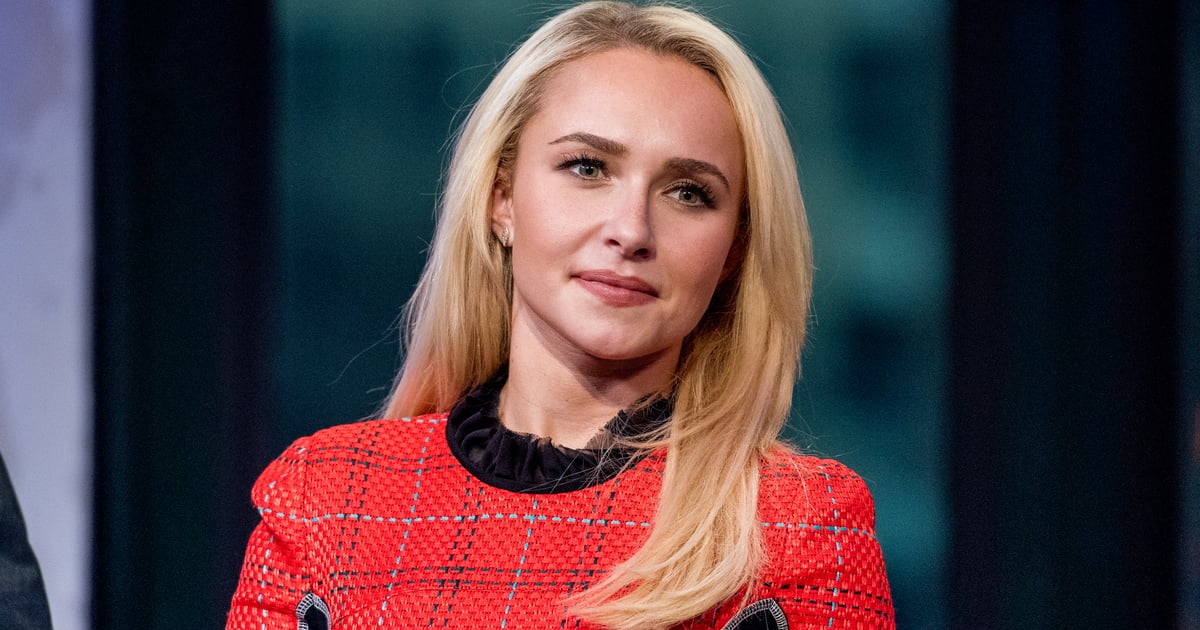
In a recent interview with People, Hayden Panettiere revealed that she spent years battling an addition with opioids and alcohol. At one point, while filming the show “Nashville,” her real life started to mimic the life of her character, troubled country singer Juliette Barnes.
In the interview with People, Panettiere said, “Those were really rough years. I could relate to a lot of those storylines like the alcoholism and postpartum depression. They hit close to home.” Panettiere has been vocal before about her journey with postpartum depression after her daughter Kaya was born. She admitted that PPD had taken her down a path of “unhealthy coping mechanisms” in 2016.
And as she became more dependent on drugs and alcohol, her life, health, and career were impacted. “I was on top of the world and I ruined it,” she told People.
— Hayden Panettiere (@haydenpanettier) May 12, 2016
At one point, Panettiere said, “I would have the shakes when I woke up and could only function with sipping alcohol.” Eventually in 2018, she sent her daughter Kaya to live with her father, Wladimir Klitschko (whom Panettiere was no longer in a relationship with). “It was the hardest thing I ever had to do,” she said. “But I wanted to be a good mom to her — and sometimes that means letting them go.”
Stuck in a “cycle of self-destruction,” eventually Panettiere entered rehab, but admits it’s still “an everyday choice” to stay sober. Panettiere has been under the eyes of the paparazzi since she was 11 years old when she came to fame in the movie “Remember the Titans.” Panettiere was introduced to drugs at an early age. The 32-year-old told People that when she was just 15 she was offered “happy pills” by someone on her team to make her “peppy” during red carpet interviews. The upcoming “Scream” star said she had no idea, “what door that would open for me when it came to my addiction.”
Panettiere follows a string of child actors who have struggled with addiction from Lindsay Lohan to Amanda Bynes, and more. Being a child actor is a life Panettiere called “horrible” in her interview, adding that, “I would never wish it on my worst enemy.”
Now, using her platform to push for mental health awareness, Panettiere is determined to continue being honest about her journey. “This hasn’t been easy and there were a lot of ups and downs, but I don’t regret even the ugliest things that have happened to me. I feel incredibly accomplished. And I feel like I have a second chance,” she told People.
If you or someone you know is in need of drug-related treatment or counseling, you can reach the Substance and Abuse Mental Health Services Administration (SAMHSA) on its Treatment Referral Routing Service helpline at 1-800-662-HELP (4357).
